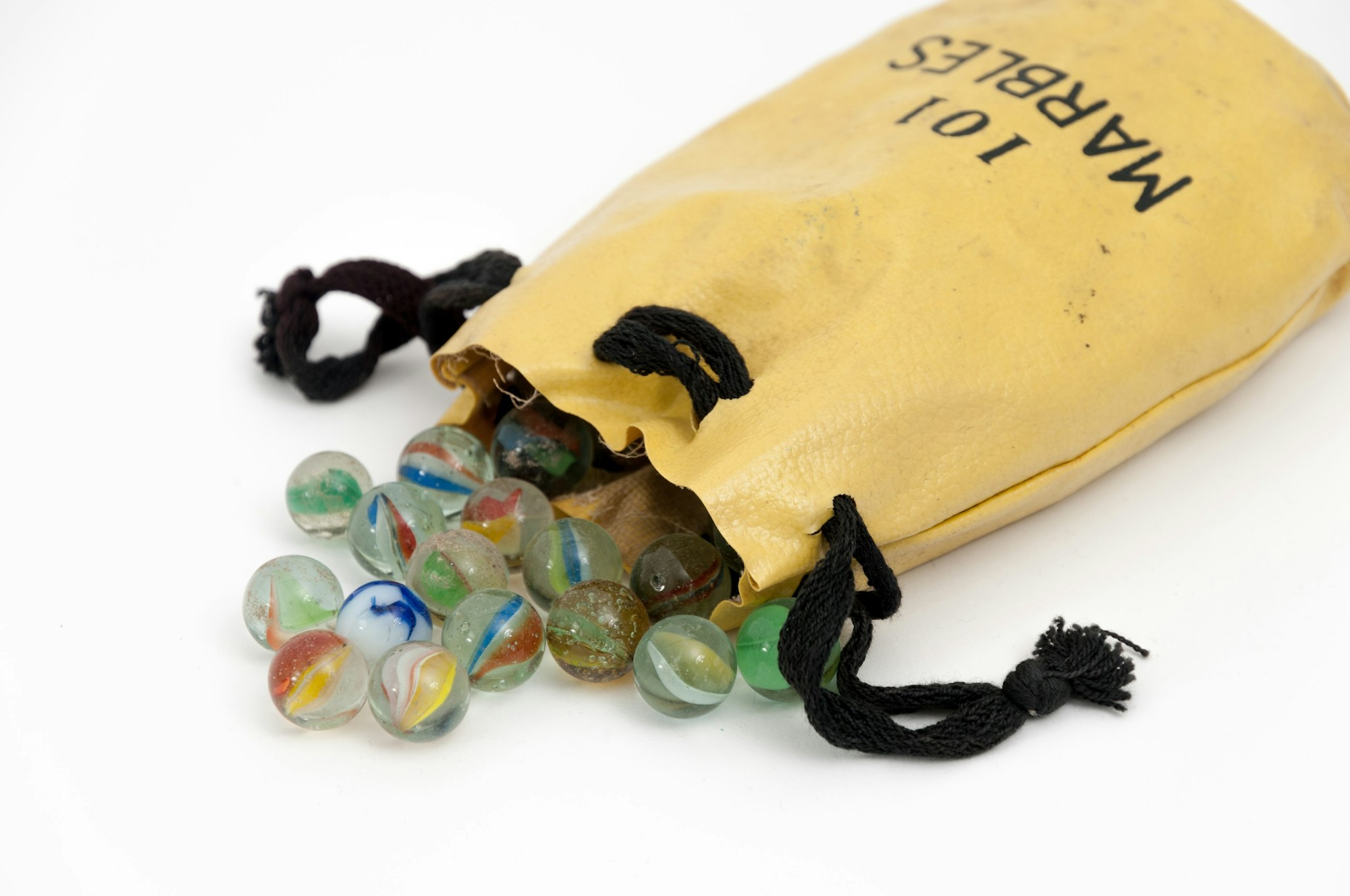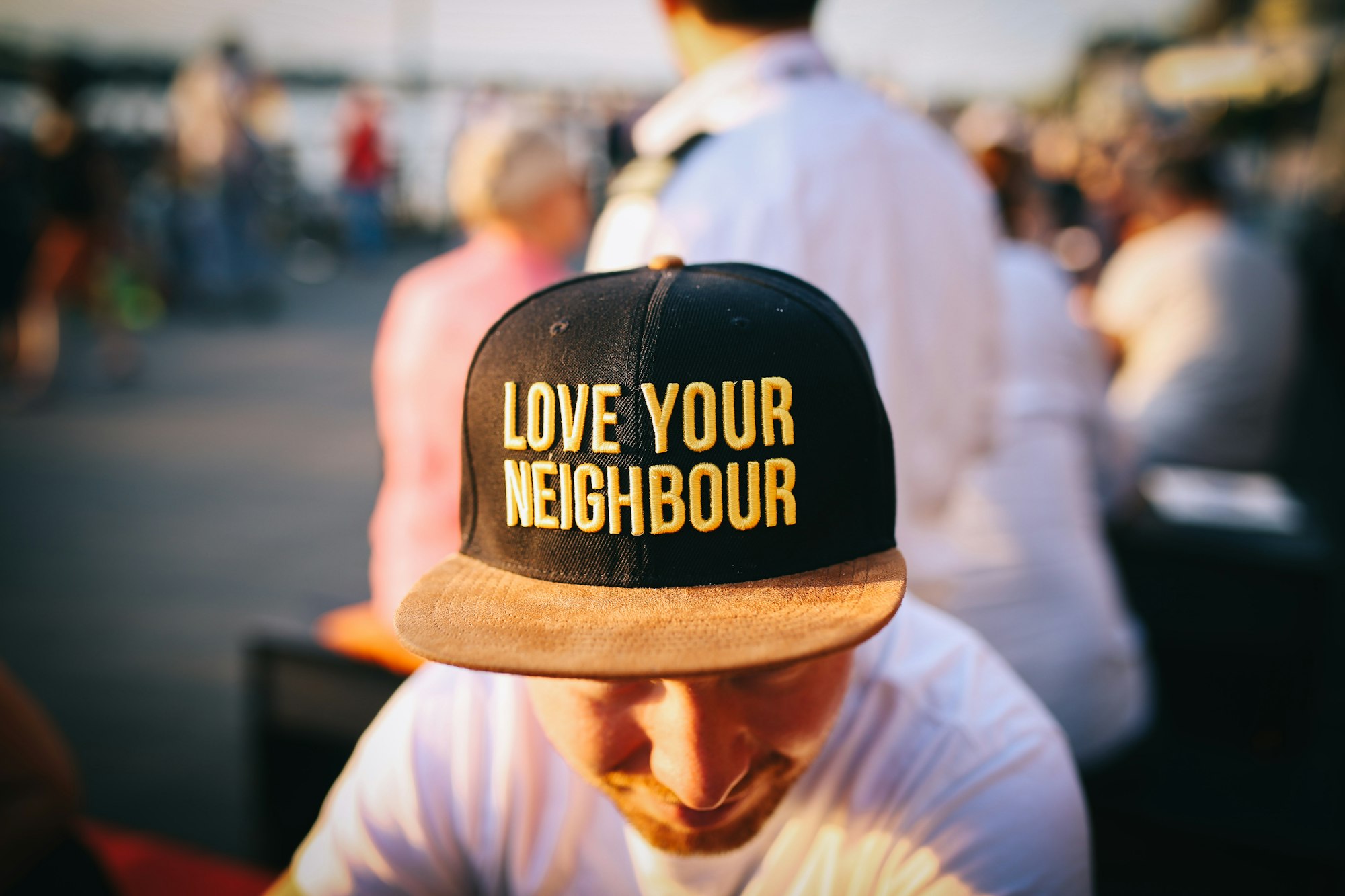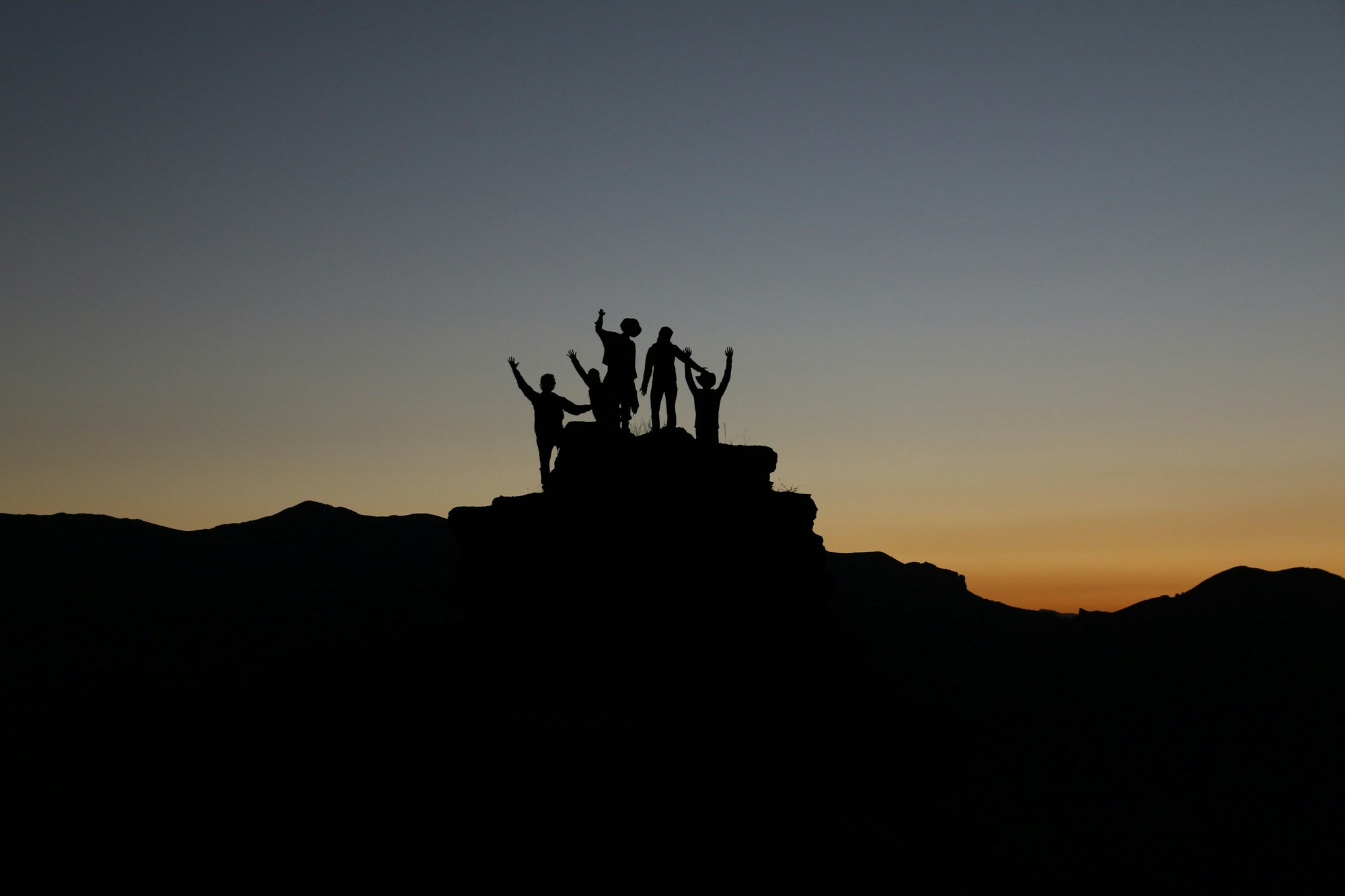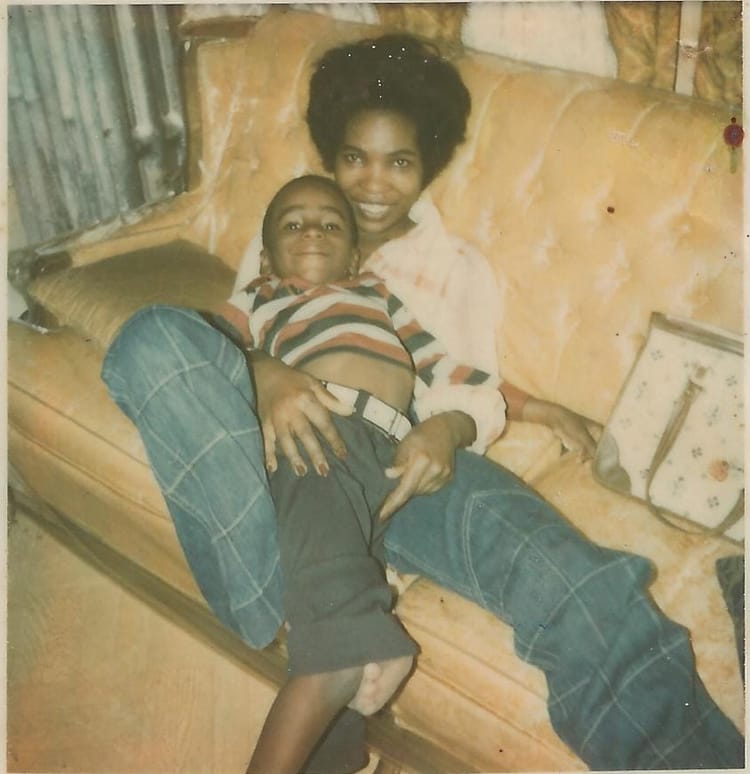Caribbean Shame – How A Community Love Brought Out The Best In Me

One of my friends from the Caribbean recounted a story to me. He was fighting with another boy from the village over marbles. The row ensued when one child insisted the other had stolen his favorite “gubsy” (the big beautiful marbles with what look like flowers inside them – we also had steelies which were really ball bearings). Oddly, this story reminded me of 2020, a year where we care insufficiently for our neighbors. The individual American Spirit cannot survive without the collective contribution of the community. “We are our brother’s keeper.” I could not be rude or expected to get in trouble as a child because I would get in trouble with not only my parents and entire extended family but also my community of neighbors, church-goers, teachers, and everyone. The Caribbean shame was how a community gaze brought out the best in me and other children my age.
I bring up this topic of the community raising children because it clearly lacks what I see around us in America. The year 2020 was a mess. It often felt like a bad dream for me, but for many others, it was a nightmare. We lost the spirit of being our brother’s keepers. The result is a vast political and social divide that has brought acrimony to the stalwarts of highlighting differences rather than similarities. Now for 2021, we must look out for each other. We can no longer sit by and watch community disharmony take our future children's lives.
Help A Brother When He Falters
I cannot give up and must do what I can to help my community save itself. Jonathan Marrow wrote about not accepting his faith in his influential article on how his mother never gave up on him. I love this sentence in his article, “The shame of dishonoring their sacrifice by giving up would poison my soul.” That’s how we all should approach life. Those fortunate enough to have the time and space to read articles like these have an obligation. Many of us have had people who always believed in us and nurtured and promoted us. We had others who gave us opportunities to prosper and helped us up when we faltered.
We have had people who made sacrifices to build a ladder for us to climb upon and ruin our lives, and that of our community would be dishonoring their tributes for us. As a community, will we allow atrocities to take us over, or will we build a community instead of destroying it? We must hold ourselves accountable.

We Still Fight For The “Gubsy”
Often what we consider vital for our role is not even worth the time. It’s as trivial as a “gubsy.” To continue the story of the two fighting boys, they grabbed each other and rolled around angrily on the grass, leaving shrieks of green stains on their uniform khaki short pants and ruining their uniform shirts as buttons went flying from to and fro. I, too, have had those grass stains on the khaki uniform. To get those stains out, you must use lots of soap, a laundry brush, and a lot of scrubbing. You learned to keep your uniform unstained when your parents declared that you were old enough to wash your clothes – by hand.
An adult woman saw the boys fighting and went to them to stop them. She did not have to touch them. A solid scolding with the promise of telling the parents was enough. The woman was just a neighbor who happened to be passing by where these children were playing after school. The realization suddenly hit the boys that they would be in serious trouble when they got home. This woman would tell all, and their ruined uniforms, tear-stained faces, plus pieces of grass in their hair were proof enough. Back then, we got the strap for such behavior.

Caribbean Shame From That Gaze
The absolute horror was not the belt or the ruined uniforms but the fact that we had burned the pride of an adequately behaved family through our fights. The disappointment from parents and community gaze then was heartbreaking. We avoided trouble because of fear of what our families would think.
That translates to today. If you ask any of my friends and family, they will tell you about Caribbean shame. One of their biggest fears is disappointing their families and the community they grew up in. For many, getting in trouble with the law was the essence of nightmares. I mean real trouble, not where lousy law enforcers create entrapment situations for their entertainment and ideology. Even as teenagers, when one peer was encouraging one of us to come with them to steal chewing gum from a crowded corner shop, the first thought that would come to my mind was, what will my family, neighbors, church people, schoolmates, and teachers all think when they find out, I did this. There is always a risk of getting caught, so the costs of disappointing our elders and children when we have them far outweigh any benefit of the crime.
Shame Of Failing
This is the result of community raising. I am pretty sure that all my neighbors cared about my upbringing. I am also sure my family cared about their offspring too. We were, and still are, our brother’s keepers. Even in death, we worry about disappointing our community. The fear of failing is placed on us because of our community's high expectations. We hear it all the time: “she is such a talkative little girl. She will surely be a lawyer or great speaker,” or, “He is so smart, he is bound to be a scientist.” As a result, we felt pressured to succeed in honoring their challenge wrapped in a compliment. It was expected, so success, in whatever form our society or family decided, was an obligation, not a choice.

I am sure many of you remember going home with your report card. You got straight “As” and a “B.” You never heard the end of it about that “B.” Consequently, just so you don’t have to hear the choir of disappointment from people who loved you, an “A” was manifested under hard work next time. Even as we grow older, the Caribbean shame we feel still guides our paths.
A Caribbean shame – community gaze brought out the best in me. It’s what we need to avoid a repeat of 2020. Please be your brother’s keeper. Tell children what you positively expect from them. Tell adults this too. Many adults grew up in communities where they did not have positive reinforcement or role models. Do your part to save your community, one compliment, sentence, or gesture at a time. Remember, small acts can make a big difference.
Caribbean shame – community gaze is my experience growing up.






Member discussion